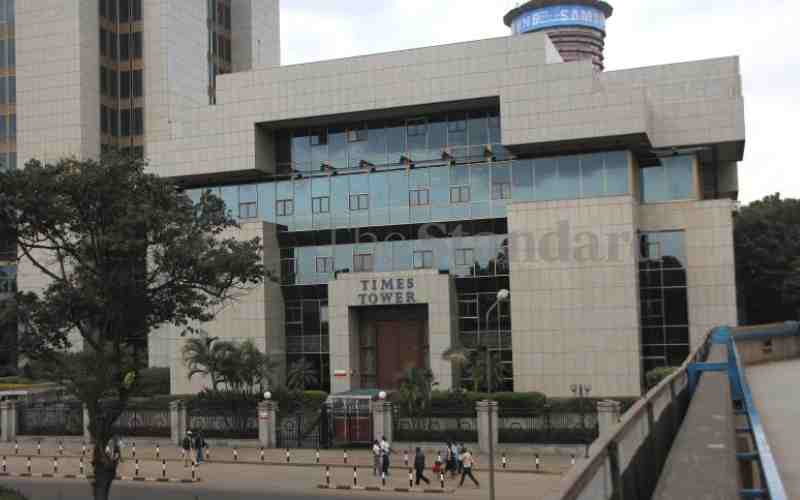×
The Standard e-Paper
Read Offline Anywhere

Taxman to set up booths in areas such as Gikomba where informal traders are concentrated. [Jenipher Wachie, Standard]
Kenya Revenue Authority (KRA) plans to raise Sh6.8 trillion in the next three years, with the taxman expected to aggressively go after the elusive informal sector.